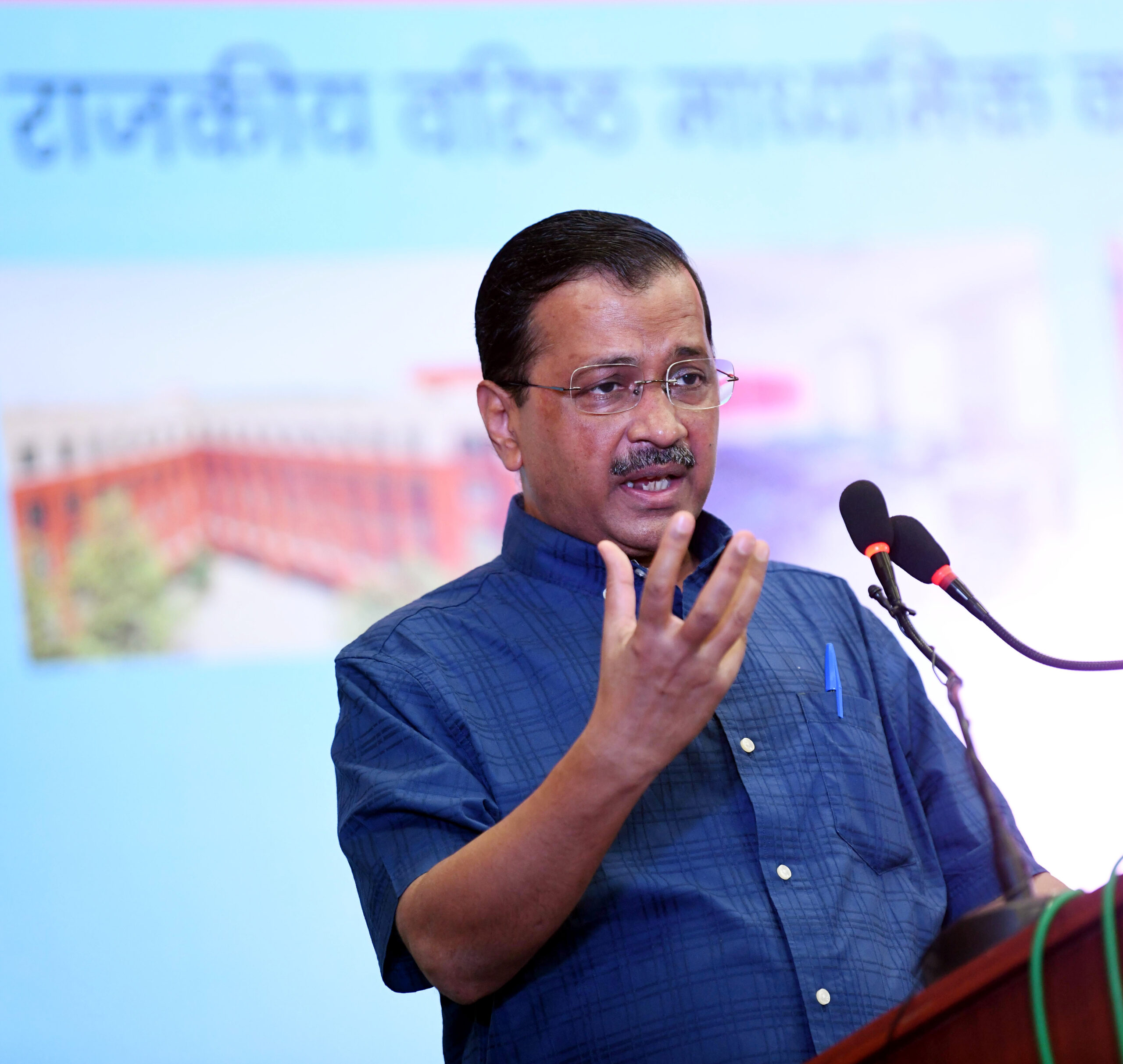The insistence of the Centre to go ahead with the Delhi Services Bill in Parliament, which provides the powers over transfers and postings of bureaucrats in the capital to the Union government, depriving elected representatives of the city, could boomerang on the Bharatiya Janata Party. The ruling dispensation has the numbers to push the legislation through in both the Houses. However, politically, it is a decision that could further strengthen the Aam Aadmi Party, which is not going to sit silently, and may carry the issue to the people. The Union Home Minister Amit Shah, while presenting the Bill in the Lok Sabha stated that it was for better governance of the national capital. Only time would tell, whether handing over the city legitimately to the babus would actually improve the matters in the city, whose principal problems are because of multiplicity of authority. The Centre’s intentions are obviously to end the daily bickerings that take place between Chief Minister Arvind Kejriwal and the Lt. Governor Vinai Kumar Saxena. Nevertheless, the move also entails depriving the elected government of some more powers. Delhi in any case has a `C’ grade Assembly with the Centre having overriding powers so far as the police and land use are concerned. Now by also putting the transfers and postings of civil servants in the domain of the Centre, limits the scope of the elected government to assert itself for pursuing its agenda, in order to fulfill the promises made during elections. It is significant to point out that the last two times, the AAP government has been voted to power, with a very overwhelming majority. In both instances it had defeated the BJP while relegating the Congress to the sidelines. The AAP government has been facing the heat ever since two of its ministers, Satyendra Jain and Manish Sisodia were arrested for their alleged involvement in scams. The action dented the AAP’s claim of being an honest and corrupt free party. There has been speculation that even Kejriwal could be arrested on the basis of evidence collected by central agencies, or the disclosures made by those who are already in custody. In fact, the AAP has been facing the Centre with its back to the wall and has sought the support of various Opposition parties to support it, in this onslaught by the BJP, which it describes as the desecration of our federal character. The battle is political and has also implications for the forthcoming Lok Sabha polls. What the BJP appears to have discounted is Kejriwal’s uncanny ability to bounce back from a position of weakness. In 2014, he had resigned despite the fact that the Congress at that stage supported his government. The move proved beneficial for him and he came to power in 2015, winning 67 out of 70 seats, thus eliminating the Congress from the political landscape of the city. The Central legislation has put Kejriwal in a corner, and he has multiple options before him including resignation, and thus taking the issue to the court of the people. In a hypothetical scenario that could emerge in the event of Kejriwal and his MLAs resigning from the Assembly and forcing the elections, the BJP would be on the defensive. There are elections due in three major states by the end of the year and the BJP’s position is not very comfortable. To add to the woes, if Kejriwal was to resign and make his MLAs, also quit, a situation could arise where the Delhi Assembly polls may also have to take place within six months period. Kejriwal is an astute politician and knows that an election in the capital could bring him into national focus, and this he would do at the cost of the BJP. His resignation and the subsequent events would also take the attention away from the alleged scams of his government and the speculation of his arrest, but take the battle into the BJP camp. Undermining of the elected representatives as well as infringement of the federal character through legislative muscles by the BJP, would be on the agenda of Delhi. The confrontation would also help the AAP in Punjab during the Lok Sabha polls. The BJP shall find it very hard to defend its actions and position since right from its inception in 1980, the main plank of the Saffron brigade in the capital was the demand for full Statehood for Delhi. Its primary leaders, Vijay Kumar Malhotra, Madan Lal Khurana and Kidar Nath Sahani were all champions of full statehood for Delhi and this demand figured in virtually all party manifestoes in every local election. Instead of granting Statehood, the BJP has altered its position and is supporting the rule of bureaucracy by undermining the elected government. The ramifications for the Congress are also there, since in the fresh round of elections, it would find itself on the margins once again. There are back channel talks going on between AAP and the Congress for seat sharing in Delhi and Punjab but many things could change if Kejriwal and his flock would send in mass resignations. Kejirwal has never been averse to taking risks. In 2013, he contested against sitting Chief Minister, Sheila Dikshit from New Delhi and trounced her by 26,500 votes, ensuring that her deposit was forfeited. In the present instance if the push comes to a shove, he may surprise his opponents by forcing an election in the capital, something that the BJP may not want or must have not anticipated. Kejriwal seems determined to hand over the Capital punishment to his adversaries.

















